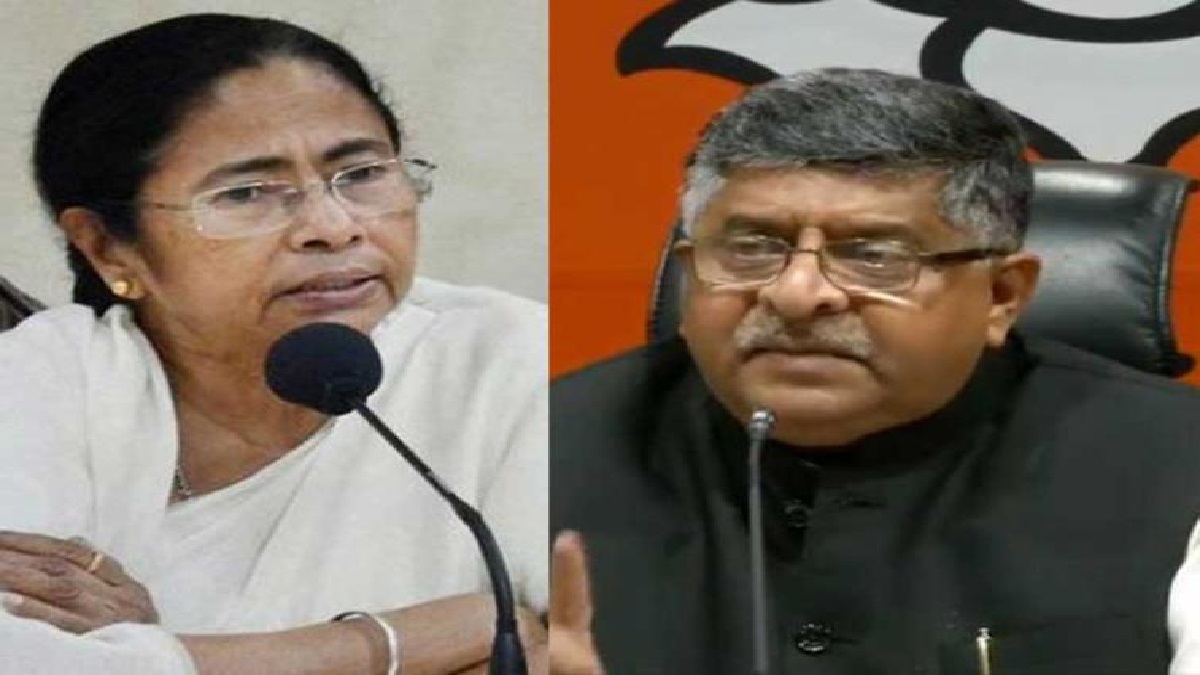New Delhi. West Bengal Chief Minister Mamata Banerjee said during a program on Sunday that I want India to have good relations with Bengal. She also said that if helpless people of Bangladesh knock on the door of Bengal, we will give them shelter. Now a controversy has started on this statement of Mamata Banerjee. BJP has targeted Mamata Banerjee and asked her that what does the question mean that India should have good relations with Bengal? BJP MP Ravi Shankar Prasad said that does Mamata Banerjee want to prove that Bengal is not a part of India? Does the Chief Minister of West Bengal want to break the integrity of India?
VIDEO | “Does she want to break the unity of Bharat? She also said that the relation of Bengal should be good with Bharat. What do you mean by this? The Bengal which gave Ramkrishna Paramhans, Vivekanand, Rabindranath Tagore, Subhas Chandra Bose, Bankimchandra Chattopadhyay, who…
— Press Trust of India (@PTI_News) July 22, 2024
The BJP MP said that the Bengal which gave sons like Ramakrishna Paramhansa, Swami Vivekananda, Rabindranath Tagore, Subhash Chandra Bose, Bankim Chandra Chattopadhyay, on whom the country is proud, who fought for the honour and glory of India, and today the CM of the same Bengal is giving such statements to improve relations with India. The sole purpose of this statement is to justify the changing demography of Bengal. The NIA investigation has said that nine districts of Bengal have Muslim majority and the main culprits of terrorist attacks get protection in Bengal.
Mamata Banerjee’s hypocrisy has been exposed!
She denied refuge to persecuted Hindus, Sikhs, Parsis, and Christians under the CAA, but wants to welcome refugees from Bangladesh.
Her double standards and disregard for the Constitution are apparent.
she must recognize that… pic.twitter.com/uxvCShxgBJ
— BJP (@BJP4India) July 22, 2024
The BJP MP alleged that due to vote bank politics, the leaders of the India Alliance are trying to affect the unity of the country. Along with this, he said that this is the same Mamata Banerjee who has always opposed the CAA and refused to give shelter to persecuted Hindus, Sikhs, Parsis and Christians under the CAA, but wants to welcome refugees from Bangladesh. This clearly shows her double standards. Mamata Banerjee has to understand that citizenship comes under the purview of the central government, not the state.
